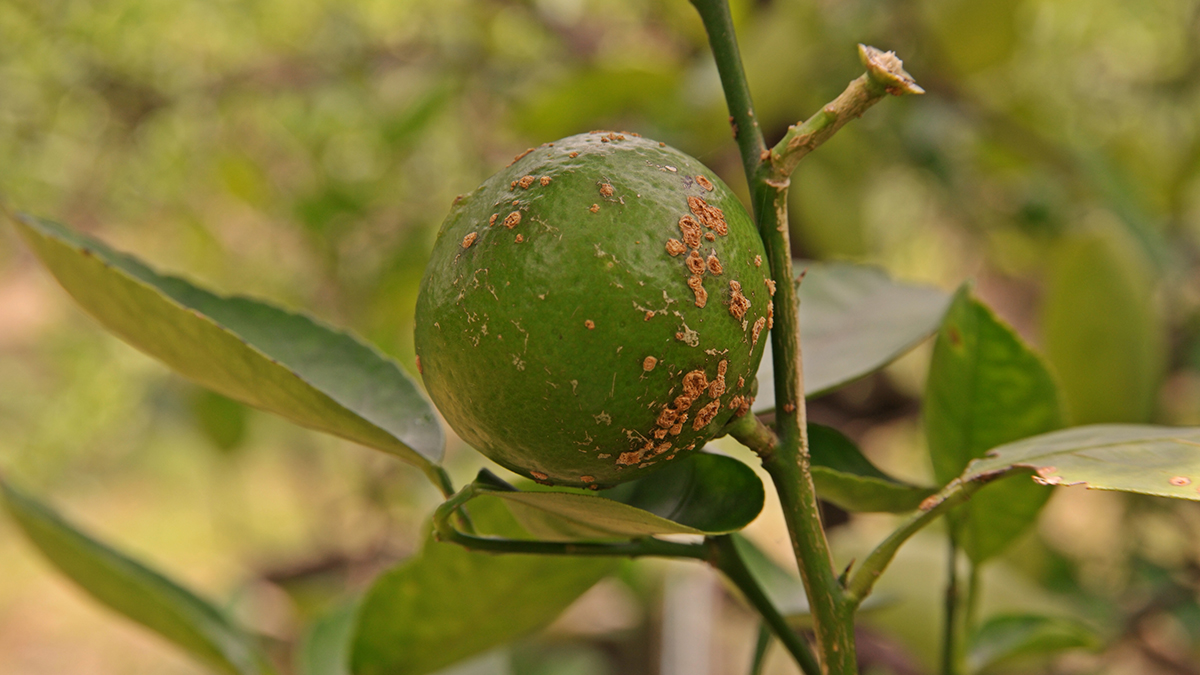Attorney – NBC 6 South Florida
Matthew Wilson still vividly remembers the fruit of the citrus trees that used to sit in the backyard of his childhood home.
“You remember the key lime pies,” he said. “Fresh orange juice squeezed in the morning, grapefruits when we wanted them, just had to get them off the tree.”
Matt, who works at NBC 6 and grew up in Miami-Dade, also remembers the end of those trees.
“I remember my dad being upset that they cut down his trees,” he said. “And he didn’t think they were sick, but they had to cut them down anyway.”
The removal of the trees were part of the state’s citrus canker eradication program of the early 2000s.
“For every infected tree that was destroyed in Dade county between January 2000 and January of 2006, they destroyed 10 more uninfected trees,” said Bobby Gilbert, an attorney who has spent most of his 36-year career pursuing compensation on behalf of Florida homeowners impacted by the program.
He says citrus canker was a harmless disease that affected the appearance of citrus fruit and threatened the state’s commercial citrus industry. It was detected in the late 1990s and the state enacted an aggressive campaign to try to stop its spread, chopping down orange, grapefruit, lemon and lime trees in different areas around the state, including South Florida.
“By January of 2006, the Department of Agriculture had destroyed about 240,000 uninfected, healthy citrus trees here in Miami-Dade county, most of them in backyards of homes like yours and mine,” he said. “Finally, in January of 2006, the Department of Agriculture gave up, realized that they couldn’t stop the spread of this disease.”
Some owners, upset by what had happened, took their fight to court, filing lawsuits in counties throughout the state, including Miami-Dade County.
“We came back to Miami-Dade County and we tried the case here,” Gilbert said. “And before going forward with the final trial … we reached a settlement, which is what resulted in the issuance of these payments.”
To qualify for a payment, Gilbert says you must have been the owner of the property at the time the trees were destroyed in Miami-Dade county, between January 1st, 2000 and the end of the program in January of 2006. If you used your trees for commercial purposes or if your tree was actually infected with citrus canker, you are not eligible for compensation under the settlement, he said.
Gilbert said individual homeowners did not have to sign up for the class action lawsuit to be included. He said they used state records to track down those who qualify.
“We sent out checks that total approximately $63 million for 97,000 checks,” he said. “The amount of the checks are based on the number of trees. Each tree is valued at the same amount, so the amount per tree, the gross amount, is $297.26.”
You may get less money if you accepted any form of compensation the state previously offered, he said.
“I looked at it and I said, is this legit?” Matt said of the letter and check that arrived at his home in November.
The check was made out to both of his late parents, the owners of the home when the trees were destroyed.
“We got online and we looked at the website,” he said. “We sent a letter asking if the check could be reissued to me.”
He said they had to send a copy of his father’s death certificate and documentation showing Matt was his dad’s beneficiary.
“They said they’ll reissue a new check in six to eight weeks,” Matt said.
Matt now lives in his childhood home with his own family. He plans to use the money to plant new fruit trees there.
“I definitely want the same stuff I had,” he said. “I want grapefruit. My wife uses a lot of limes, so I want some limes and key limes.”
If you received one of these settlement checks in the mail and you threw it away or if the check was made out to a deceased relative and you are their beneficiary, Gilbert says you should reach out so they can reissue the check.
The phone number you can call is 1-833-630-1411 or click here.

:no_upscale()/cdn.vox-cdn.com/uploads/chorus_image/image/72968422/1849298486.0.jpg)

